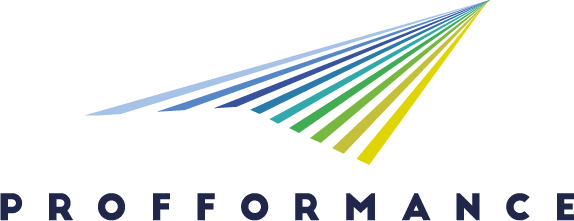Talking Places
Talking Places' Platform for Safeguarding and Sustainable development of Intangible Cultural Heritage via Students' Participatory Activities
- 01 - Education
- 04 – Business, administration and law
- 06 – Information and Communication Technologies
- Other:
Cultural Tourism, Tourism Business
1. Student-centered course design
The Talking Places Platform is an innovative initiative for safeguarding Intangible Cultural Heritage (ICH) by actively involving students in sustainable, community-centered activities. It transforms cultural sites and traditions into interactive learning environments, where heritage "comes alive" through participatory engagement. This approach fosters the preservation, promotion, and sustainable use of ICH while building bridges between generations.The platform uniquely integrates education, technology, and community collaboration to address ICH preservation challenges. Students serve as active agents of change, using modern tools like digital archives, virtual tours, and creative storytelling to document and share heritage practices. Activities: Student Engagement: Students work alongside local communities to identify, document, and revitalize ICH elements through research, oral histories, and multimedia projects. Digital Innovation: Creation of online archives, mobile apps, and virtual experiences to ensure global accessibility and preservation of ICH. Community-Led Workshops: Collaborative events, exhibitions, and knowledge-sharing sessions led by ICH custodians to teach and promote cultural practices. Sustainability Initiatives: Linking traditional knowledge to sustainable practices, such as eco-tourism and environmentally conscious crafts, fostering long-term community benefits. Outcomes for Students: Enhanced Knowledge and Skills: Gaining a deep understanding of ICH and its significance to culture and identity, developing practical skills in research, documentation, and storytelling using modern tools like multimedia and digital platforms.
Methodology
Tools, equipment, technology used
Outcomes and outputs, main results
Lessons learnt
Adaptability and sustainability of the best practice (for other institutions)
Promotion of best practice
Scope and impact
- Course/department level
- Faculty level
- Institutional level
- National level
- EU/EHEA/International level
6.1 Digitalization
- Outstanding, innovative, excellent practices of online / blended / hybrid learning
- Innovative, novel methodology in using digital tools/devices in teaching
- Innovative use of digital administration tools
- Digital skills development and assessment both general and profession-related, embedded in course design, in teaching and assessment
- Novel digital solutions (tools, frameworks, devices, tasks to enhance efficiency and motivation)
Reasoning: Technology that tells the place Places Talking® combines traditional photographic and textual narration with NFC technology integrated in modern smartphones and offers information, insights, historical notions and traditional to the visitor. Digitalization in the "Places Talking®" concept enhances visitor engagement by integrating NFC (Near Field Communication) technology with smartphones. This allows users to access detailed, context-rich information about the location by simply tapping their d
6.2 Internationalization
- Outstanding practices of international online collaborative learning
- Students engagement in international projects
- Courses implemented in international cooperation (projects, co-teaching, virtual/blended mobility, etc.)
- Courses offered to international multicultural students both online and offline
- International projects/research results embedded into course development and T&L
Reasoning: For internationalization, students can act as guides or ambassadors, helping to adapt the content to different cultural contexts and languages. Students can be involved in promoting the system in educational contexts, helping to introduce it to schools, museums, or tourist sites, and educating visitors about its benefits.
6.3 Inclusion and diversity, universal design
- (Innovative) use of devices and tools for inclusion
- Senzitivizing students to consider special needs when practicing their profession
- Course includes hints on how the services/products of the profession could be universally designed/inclusive
Reasoning: The system can include audio descriptions for the visually impaired and translations for non-native speakers. By integrating various modes of interaction, such as text, audio, and multimedia, the platform promotes an inclusive, accessible experience for all visitors.
6.4 Sustainability
- Sustainability goals are addressed in the course(s)
- Teaching material contains profession related sustainability aspects
- Special courses reflecting to UN 2030 Sustainability goals, Green Deal - mini-courses, microcredentials
- Social entrepreneurship projects, service-learning in the topic
- Extra-curricular student activities for sustainability
Reasoning: Interactive learning through real-world examples of sustainable practices in tourism, alongside case studies of "Places Talking®", encourages students to think critically about the role of digital technologies in supporting sustainability. Students work on projects that connect the SDGs with cultural tourism, offering solutions that align with sustainable development goals, such as responsible consumption, cultural preservation, and environmental sustainability. They also engage with local communities to implement sustainable practices.
3.3 Public contact datas
| Name | Email address | Website |
|---|---|---|
| Eka Devidze | edevidze@ibsu.edu.ge | https://www.facebook.com/profile.php?id=100066825643762 |

